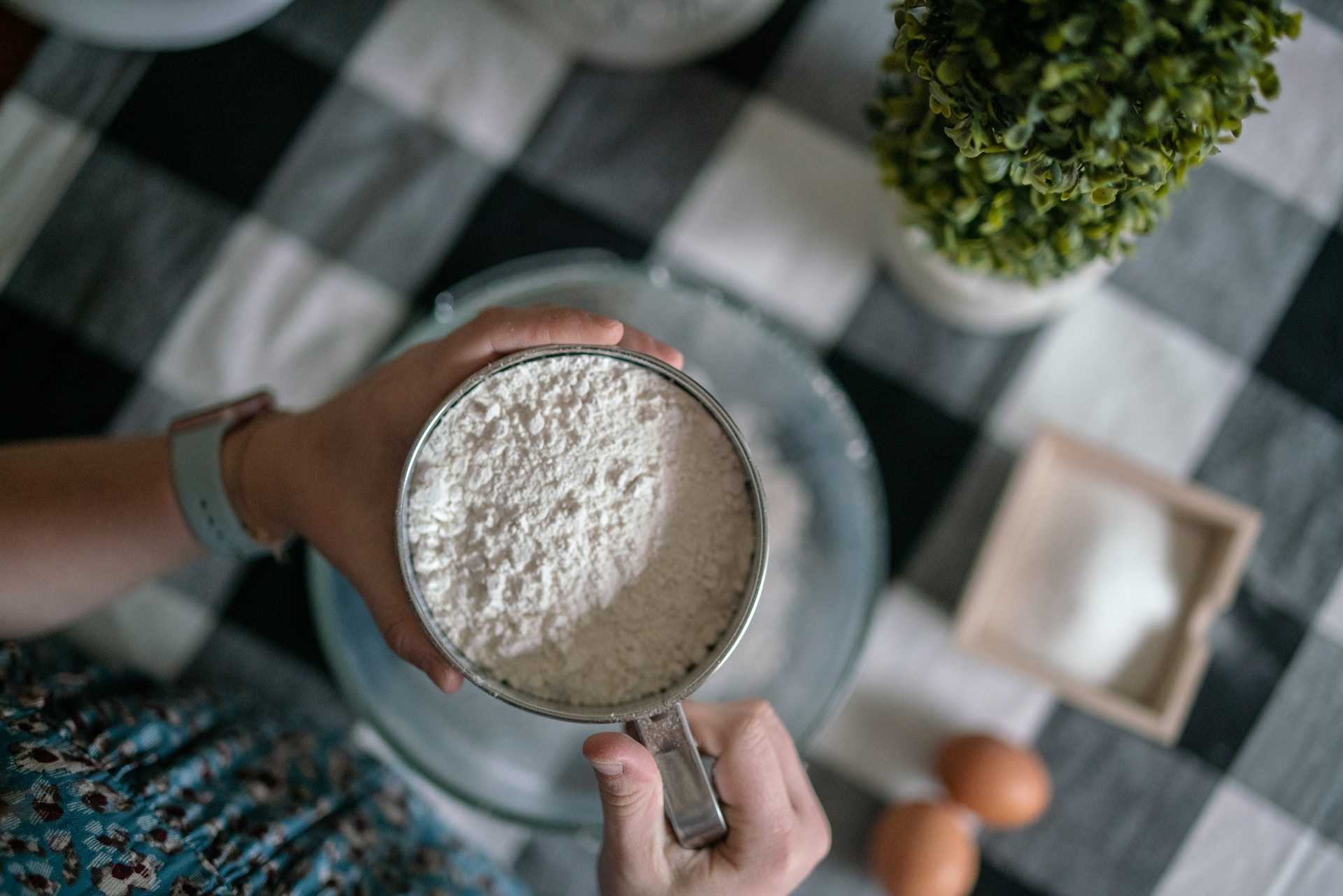Protein is an important part of your diet, especially if you work out. Besides eating meat and fish high in protein, using protein powder before or after exercise is also an option. To ensure you get your daily protein dose, it's a good idea to experiment with different protein powder combinations.
How Protein Powder Benefits Your Health
Protein powder is a great way to get the nutrition your body needs without all the fat and calories. It can help you build muscle and lose weight, so it’s an ideal choice for people who want to improve their health or look better.
If you're looking for more ways to improve your health and fitness, check out this list of exciting ways to incorporate protein shakes into your diet!
1. Energy Boost
When you consume carbohydrates, they are broken down into glucose, which provides energy to your cells. However, carbohydrates alone can cause a rapid rise and fall in blood sugar levels, leading to energy crashes.
Adding Protein Powder to a meal or snack slows digestion and absorption of carbohydrates, causing a more gradual discharge of glucose into your bloodstream. This helps stabilize blood sugar levels and provides a steady energy supply over a longer period.
2. Weight Loss
Consuming protein powder can help curb hunger and reduce cravings, making it easier to stick to a calorie-controlled diet. By feeling fuller for longer, you may be less tempted to overeat or snack on unhealthy foods, thus supporting weight loss efforts.
Also, protein has a higher thermic influence, unlike other macronutrients. As a result, the body burns more calories during protein digestion, contributing to a slightly higher metabolic rate. This increased calorie burn can support weight loss by creating a modest deficit over time.
3. Helps You Meet your Fitness Goals
Drinking protein powder can help you meet your fitness goals. Protein powder is a great source of amino acids (the building blocks of protein) that are essential for building and maintaining muscle tissue. It also contains vitamins and minerals such as calcium, iron, zinc, and phosphorus, which are important for bone health.
4. Helps Your Body Recover Post-Workout
Protein is the building block of muscle, and when you exercise regularly, your muscles need a lot of protein to repair damaged tissue and grow stronger. That's why it's important to include protein powder to help your body recover. It's a quick snack to help you take care of your muscles!
How to Use Protein Powder in Recipes
While a typical protein shake might be a quick and simple method to add protein powder to your day, experimenting with other variations may help you better understand the ingredient. Protein powder merits a spot in your menu, from breakfast to snacks. Try some of the recipes below:
1. Strawberry Protein Oats
Oatmeal doesn't have to be monotonous. They are transformed into dessert-like foods by adding fresh strawberries (or your favorite berry) and vanilla protein powder. This recipe, which only takes five minutes to cook on the stove, outshines any boxed, excessively sweet version!
2. Protein-Packed Cinnamon Roll Waffles
These waffles might cure your sweet tooth if you struggle to find something to eat. They combine oat and almond flour, protein powder, and a generous dose of cinnamon for a filling breakfast with 23 grams of protein (and only 365 calories per serving).
3. Matcha Latte
Create a protein matcha latte combining vanilla protein powder and your preferred milk matcha. It will be the perfect beverage for a light morning wake-up or an afternoon pick-me-up.
4. Protein Balls
The majority of these are no-bake snacks that you could prepare beforehand and store in the refrigerator (or freezer) for when you need an energy boost during the day. For a quick but delicious snack, combine protein powder in chocolate or vanilla with foods like chocolate chips, peanut butter, oats, and maple syrup.
Wrapping Up
Protein powder is an easy and efficient approach to support your nutritional objectives, whether you want to gain muscle, maintain your weight, or increase the amount of protein.
See a healthcare professional or nutritionist if you're considering taking protein powder supplements or want to improve your protein intake. They can help you evaluate if you're getting enough protein in your diet and determine how much protein you need daily based on your requirements, activity level, and fitness objectives.
